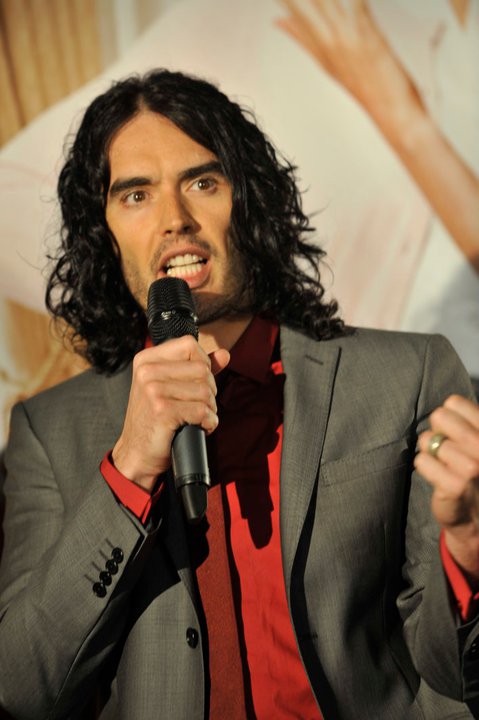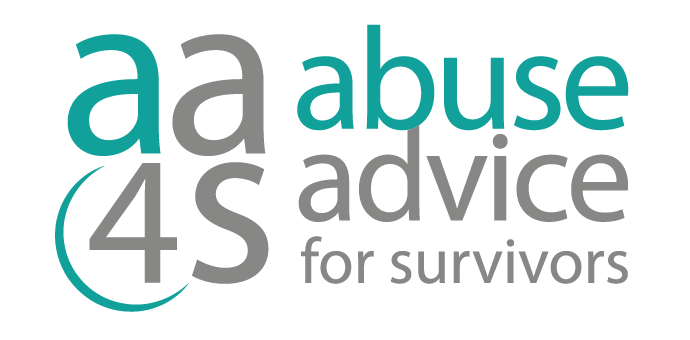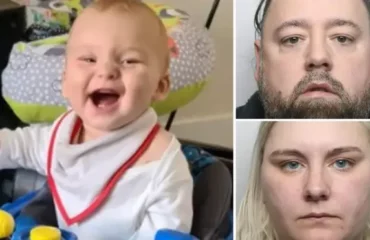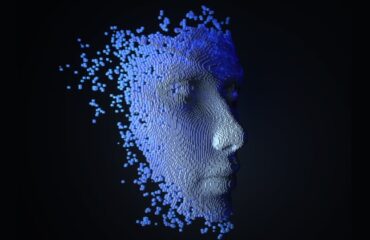
At the moment, Russell Brand is all over the news because of the allegations made against him in the Sunday Times and Channel 4 Dispatches Program. Brand denies the allegations and thanks his supporters for reinforcing his denials. Many journalists, such as Piers Morgan and Jim Davidson, the comedian, have decried the disgraceful “trial by media”. If the police become involved and bring charges, can there ever be a fair trial, and should Russell Brand be entitled to anonymity?
Police Operations into Dolphin Square
At the time of Operation Midland, which involved allegations following the Savile investigation and alleged links between Parliament, Dolphin Square and the Elm Guest House, there arose a debate over anonymity. There followed the trial of Carl Beech for perverting the course of justice, who was imprisoned for 18 years over false allegations, and a settlement of £900,000 to Harvey Proctor in an action against the Metropolitan Police. There were trials by media at the time, and protestations from those who were arrested but not charged that their reputation and celebrity status had been damaged by the publicity.
Cliff Richard Privacy Precedent
Cliff Richard, if you remember, also sued the BBC for invading his privacy and was awarded £210,000 after a search of his home following allegations of abuse was broadcast by the BBC on television. This marked a turning point in privacy legal precedent and led the police to firm up their policy on publicising names before charge. Whereas previously they had issued press releases and held press conferences at which they revealed the names of persons arrested for crimes such as child abuse in the hope that other victims would be encouraged to come forward, now they simply announce that they have arrested a “53 year old male from…” who is assisting with inquiries. Names are only released following charge.
Celebrity Anonymity
When the accused is a celebrity, the danger is that there will be a trial by media, and despite the presiding judge telling the jury to ignore any publicity they have seen about the case, it is extraordinarily difficult for them to do so. Several Coronation Street stars, if you remember, were acquitted of all charges.
Also remember the Hugh Edwards case, which was the antithesis of the argument. The refusal of the police to name him for fear of breaching the Cliff Richard judgment led to other celebrities being falsely accused on social media and the eventual naming of him by his wife, who revealed, in a statement, his mental health and addiction problems.
Brand Trial by Media
So, back to the subject. Russell Brand’s career has been ruined by the disclosure of the allegations by Channel 4 Dispatches in great detail and the revelation of several supportive witnesses in a trial by media format. If the victims had gone to the police rather than the papers, there would have been a rigorous investigation, maybe an arrest, and an announcement with the protection of anonymity, which has now been breached. I make no judgment about the veracity of the allegations, save to say that they are extremely serious, because otherwise I would be usurping the role of the courts. The problem is that any victim of abuse mistrusts authority, no doubt the police, and is afraid of repercussions, particularly in view of the fame of Brand.
Can there be a Fair Trial?
Now that there has been extensive detail revealed about the allegations on mainstream TV, it is very hard to imagine that, should the police bring charges, it will be possible for there to be a fair trial. No doubt, lawyers will argue for a mistrial or dismissal of charges on this basis. While the evidence obtained by Channel 4 and the Sunday Times will, no doubt, be handed over to the police, one imagines that their role will be greatly hampered by the publicity. Any presiding judge will be immensely irritated and will impose severe warnings on any jury.
Does Russell Brand wish that he had been given anonymity? Undoubtedly. How could he not do so? There is, however, public importance in the disclosure of the information on the grounds of transparency.
Once again, the BBC comes out of this facing yet another inquiry and questions being asked about blind eyes being turned and Brand, in view of his fame and talent, being allowed to get away with behaviour which was against policy and guidelines, thus leading to his actions becoming worse as time went by.
The Anonymity Argument
Over the years, alleged abusers have campaigned for anonymity when appearing before the courts to match the anonymity given to victims/complainants. They argue that it is one rule for the victims and another for the accused. I have always opposed such arguments on the basis that:
- There is a power imbalance in favour of the alleged abuser, who is often an adult much older than the victim, who is often a child or a vulnerable adult in need of much protection by the justice system.
- There is no anonymity for the accused for any other crimes, such as theft or burglary, so why should there be a special case for child abuse cases?
- The law recognises that child victims of any crime are entitled to anonymity in order to recognise the need for special protection and treatment for them.
- Both vulnerable adults and children are entitled to special measures in order to allow them to give evidence behind a screen, in another building by video link, or indeed any other special process deemed necessary.
- When the police arrest or charge an individual with child abuse who, for example, has worked for many years in the child care arena with a lot of contact with children, it is not unreasonable to suggest that abusing children has been a lifetime pursuit. Additionally, victims—let’s say, residents of a children’s home—might not be aware that other children have experienced similar abuse, so it can be motivating for them to come forward if they know they are not alone, are not at fault, and will have the support of others’ testimonies. Without publicity, the corroborative support of similar fact evidence will be lost.
What is the influence of Brand’s Childhood?
Finally, it is interesting to me, as a child abuse lawyer, how Brand comes to behave in the way he did in the earlier parts of his life. His whole comedy career has been based upon blatant gags about his over sexualised behaviour, his drug addiction, clips of which were played in the Dispatches programme. I considered what role his upbringing might have played in his sex addiction. Such an effect is familiar to me, and typical of some of my clients. I have researched the internet, and it appears that:-
- His mother and father separated when he was 6 months old
- His mother suffered various types of cancer during his childhood
- He suffered from the eating disorder known as bulimia,
- When he was 16, his father took him to Thailand, and introduced him to prostitutes, two for father, one for son.
- His struggles with drugs and alcohol are well known
- He is a proclaimed sex addict
- He displays narcissistic tendencies
Whether or not there is more detail in his autobiography “My Booky Wook” published in 2007 or not even yet discovered, I just don’t know because I haven’t read it yet. If one were to ignore the recent allegations, then a list of such symptoms, must surely entice some sympathy……



